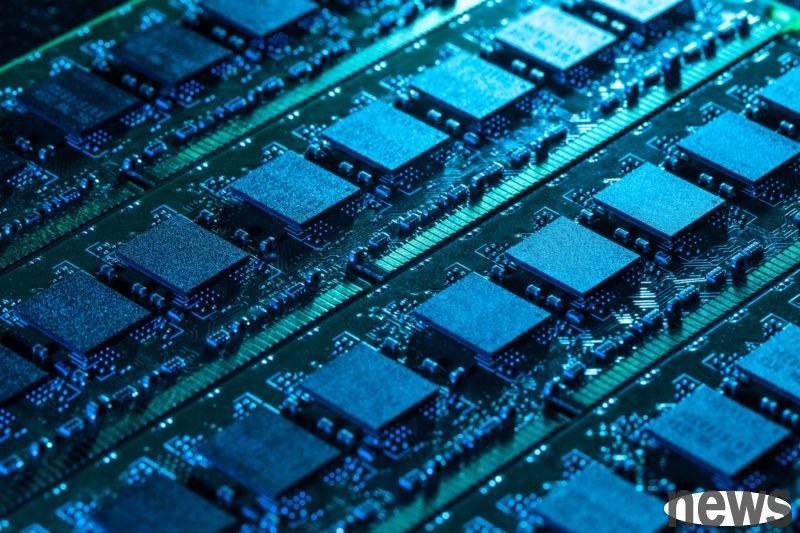
US President Trump announced that he would charge 100% tax on the US semiconductor class, attracting global attention. German semiconductor expert Peter Fintl analyzed that this may push up the prices of consumer electronic products such as mobile phones, but the European automotive chip field has competitive advantages, which may benefit.
Donald Trump said yesterday that he would impose a tax of up to 100% on all US chips and semiconductors, but if the company promises to work in the US factory or has already operated in the US, taxes can be exempted.
German semiconductor expert Peter Fintl was interviewed by Der Spiegel, pointing out that Trump's latest tax threat has attracted widespread attention and anxiety in the Asian technology circle. "Even large factories in Taiwan and South Korea, which were in the United States, are not sure how much of the domestic value ratio of the United States is needed to avoid being rigorous. Taxes"
He said that this policy is full of uncertainty, not only Asian companies are confused, but also European semiconductor manufacturers are affected. Although European manufacturers have invested in factories in the United States in recent years, many details are still unclear, and there is still further room for discussion and negotiation.
Fenter pointed out that chip manufacturing is a highly global industry, with chemicals coming from Japan, raw materials coming from China, equipment coming from Europe, and manufactured and packaged in Asian countries. The supply chain is highly dependent on free trade and international division of labor. Once trade walls such as taxes are encountered, it will cause supply efficiency to decrease and layered price increase, which will eventually be reflected in the consumer product sales price.
However, Europe is expected to suffer from existing supply and turn the crisis into a transfer machine with mature processes. Fantel pointed out that electric vehicle key chips such as control chips, system single chips and power semiconductors are mostly from European manufacturers such as Infineon and Bosch, which are particularly important for rapidly growing electric vehicles.
Although Trump's high-tax policy has increased the uncertainty of the global chip supply chain, if American companies turn to European manufacturers with existing cooperation bases to purchase chips for vehicles, Europe will have the opportunity to benefit from this trade struggle.
Regarding Trump's goal of establishing a U.S. chip supply chain, Fantel admitted that "it is feasible in theory, but it is extremely difficult to implement it." He pointed out that the reason why the chip industry has formed a highly globalized division of labor structure is because it is the most efficient and cost-effective, providing electronic products with strong consumer performance and reasonable prices.
Fenter suggested that in the face of the increasingly fierce global chip competition, Europe should develop its own model to face challenges and maintain the autonomy of future key areas such as artificial intelligence. He emphasized that only when the European Union shows its group connection can Europe stand firm in this global power game.
Extended reading: Trump sacrifices chips 100% tax, aesthetician: NT$ may be exempted first Apple's big investment, experts: It may bring Taiwan's electricity to expand advanced production capacity of beautiful factories Semiconductor tax-related investment in the United States? Chemical Supply Chain Estimation Still Takes Time Tax verdict, aesthetician: Taiwan says that it is better to do the best, and it is better to focus on investment